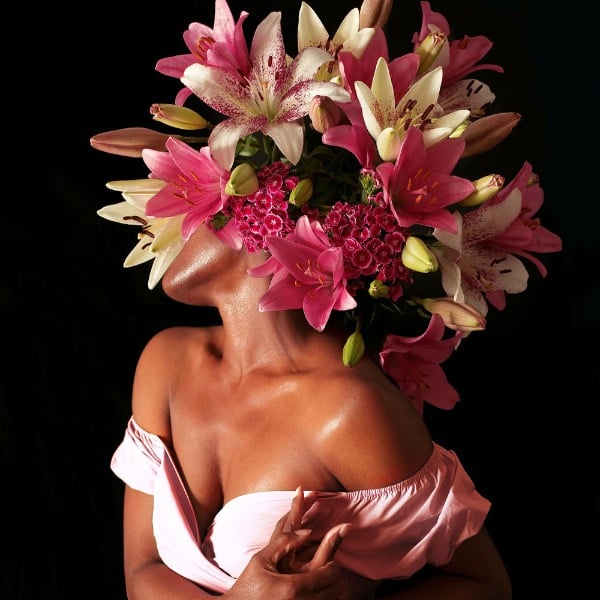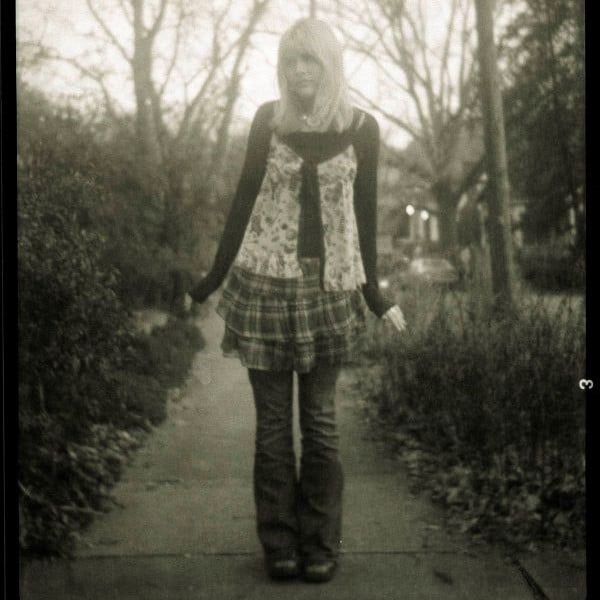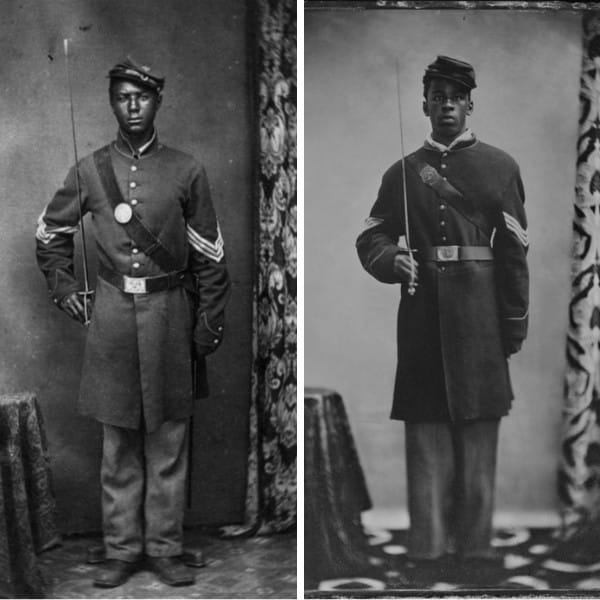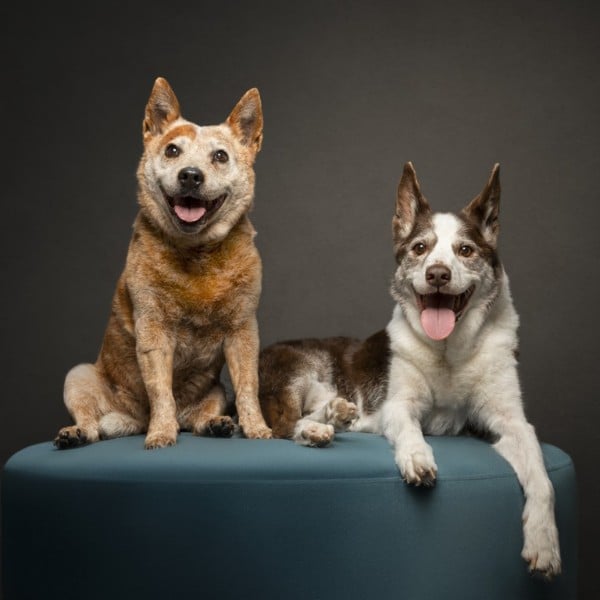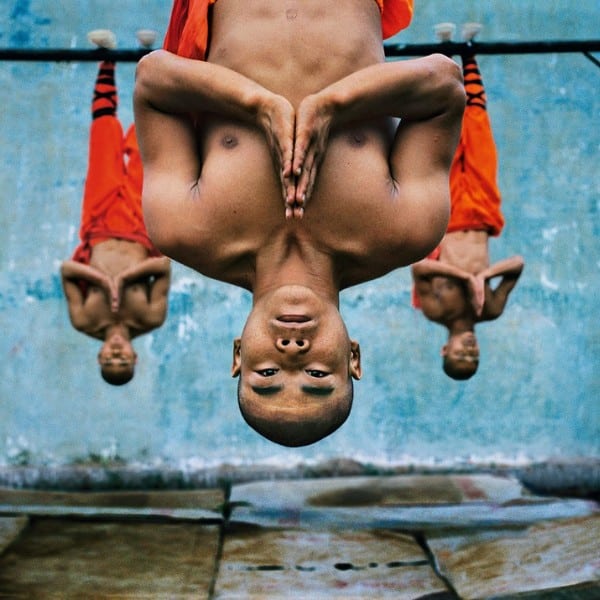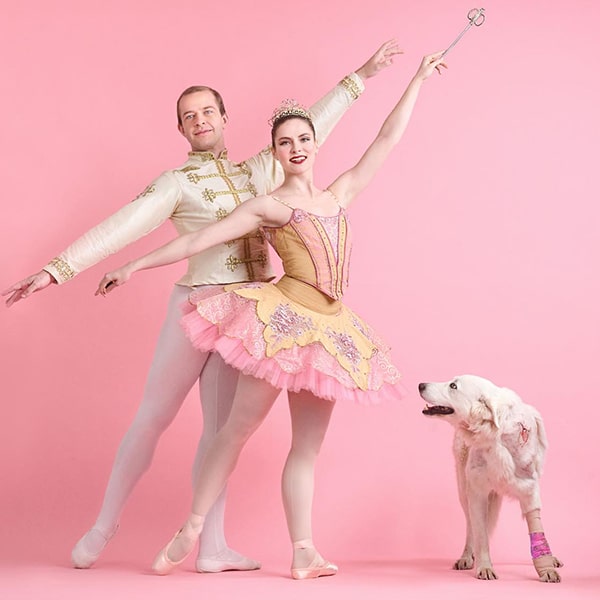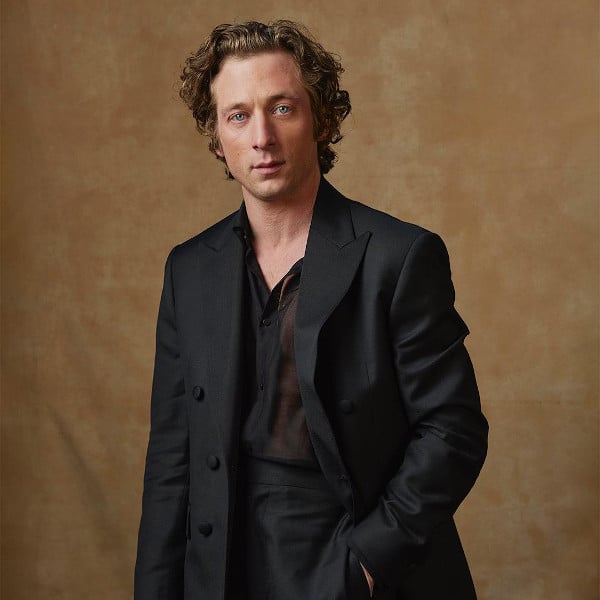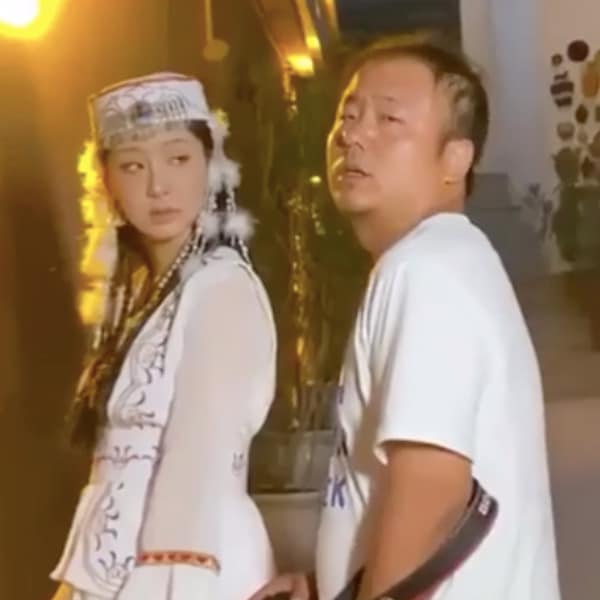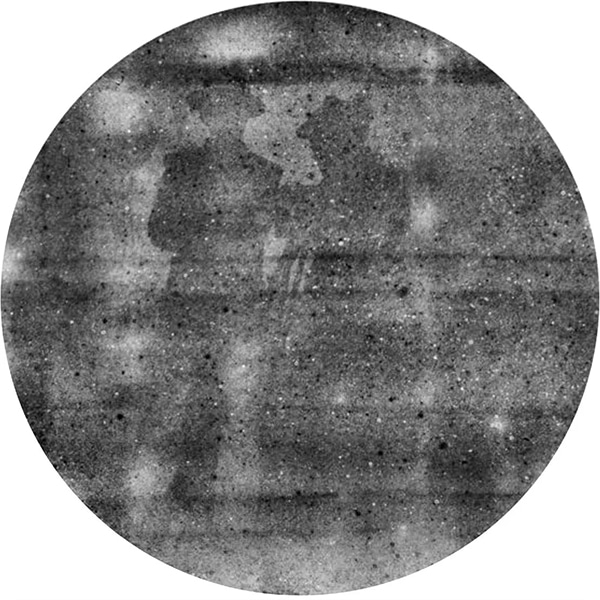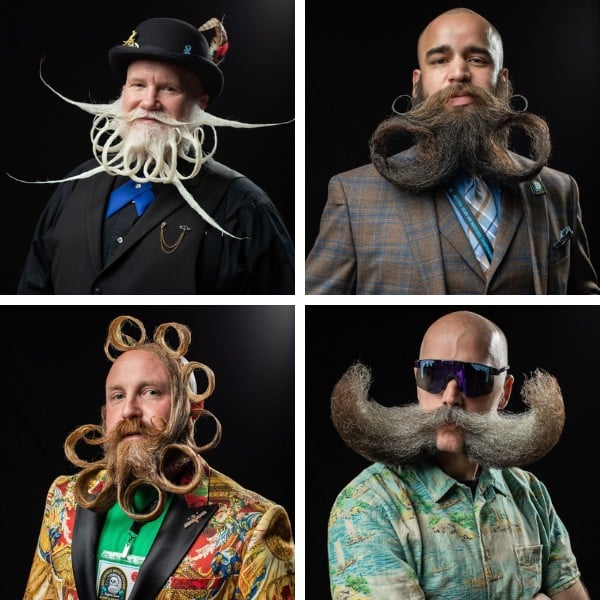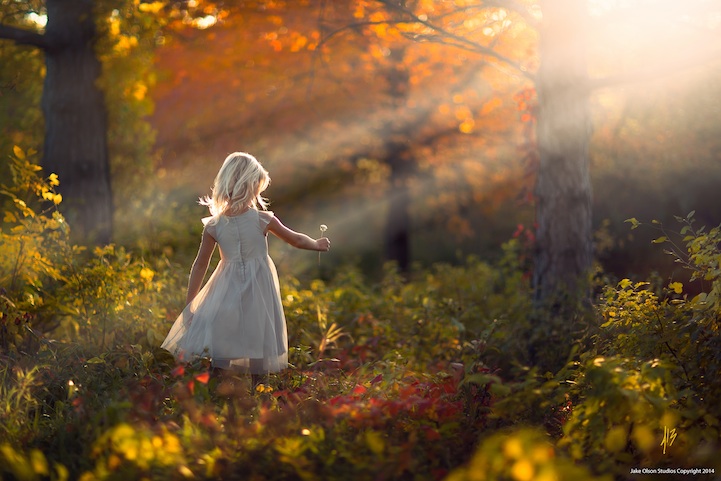
More than anything, we here at My Modern Met seek to show our audience what's happening behind the scenes. Every once in awhile, a photographer comes along that's willing to share his or her story. Jake Olson is a photographer who we featured this past March for his adorable photos of children set against the beautiful Nebraskan countryside. We didn't know it at the time but we soon found out that Jake found his calling to become a photographer only after struggling with an alcohol addiction. In his book reFramed, he shares this story in hopes that others can bravely face their own challenges and ultimately realize their dreams.
To date, Jake's images have been featured in dozens of publications around the world including British Vogue and Digital SLR Magazine, Practical Photography Magazine, Digital Photo Magazine, and SLR Lounge. His images have also been used by the BBC, ABC NEWS and featured on National Geographic, Forbes.com and Bloomberg.
In this exclusive interview, we got to go one-on-one with the photographer to ask him about his story.
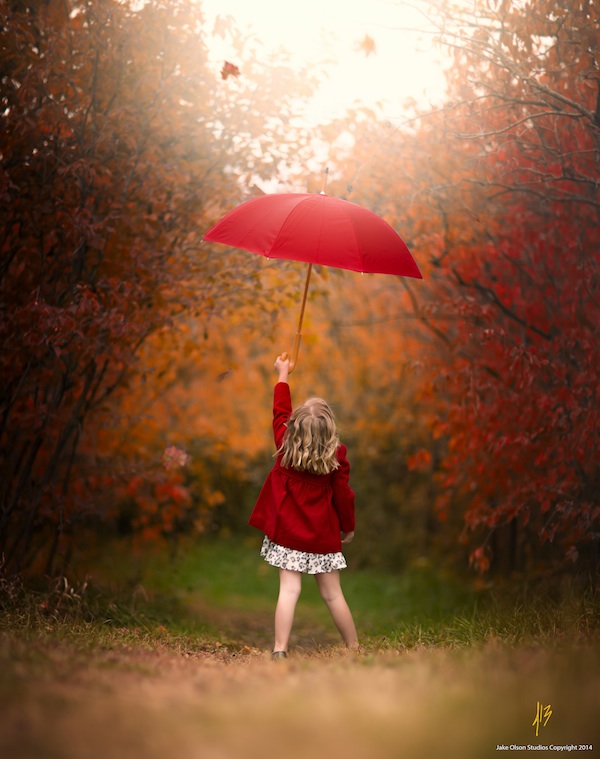
How did you first get into photography?
I first got into photography immediately after sobriety two-and-a-half years ago when I had to find another way to spend my time that didn't include drinking. I would take long walks and drives with a Sony Nex 5 I had laying around and photograph Nebraska landscapes and sunsets it wasn't until a year after that I began portrait photography. The thought stemmed from mixing amazing landscapes with people and families.

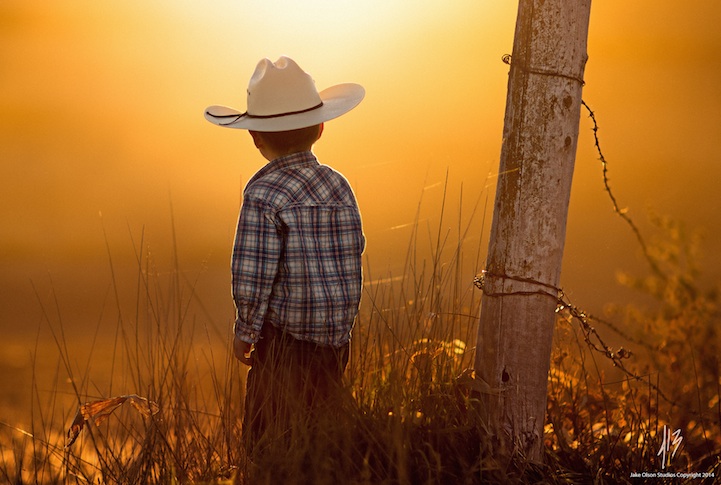
Can you tell us more about how you overcame addiction?
I overcame addiction and despair by making the choice to stay alive and then committing to recovery. I did a lot of soul searching and spent time with the internal pain I had avoided for years. The biggest change came in a Chapel at Valley Hope Treatment Center in O'Neil, Nebraska when one day I prayed on my knees for about an hour and then came to a place of total surrender spiritually. After that I got up and took a dazed walk for about two hours then came back and slept for about 20 hours. When I woke up I felt like completely different. I wasn't happy or joyous but different. It was a higher level of focus, presence, and a more intense will to live my life that I had never had before.
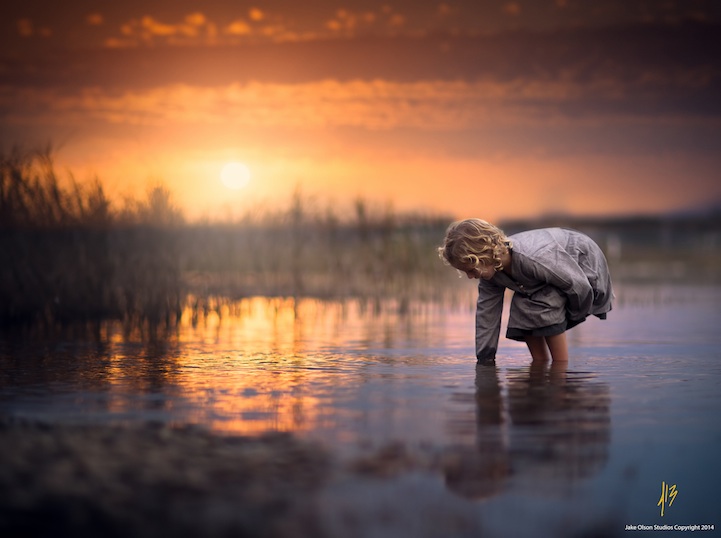
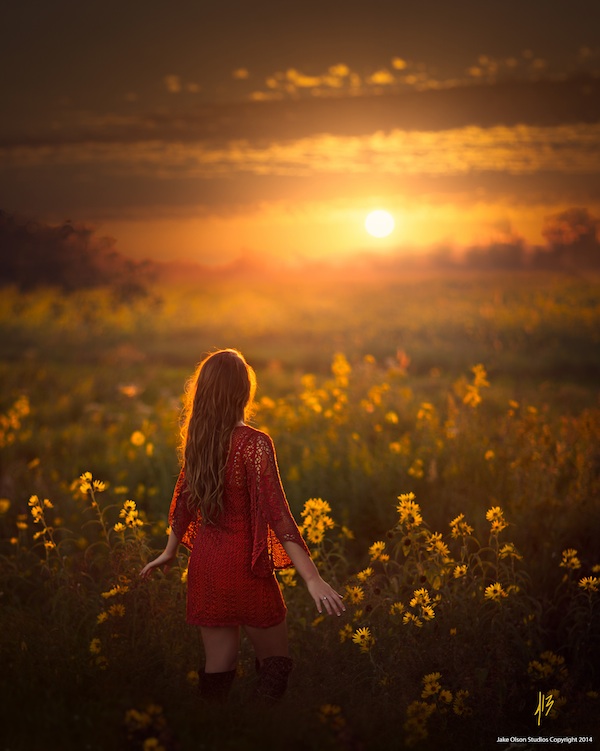
What lessons have you learned?
I learned to never give up on life and that facing your pain and demons is where growth comes from. I also learned that the human soul knows what it was born to do. Mine had been telling me to be an artist for years but I was too afraid until I finally got to a point where I had nothing to lose. If your heart and mind are telling you to do something different with your life then you should do it no matter how fearful. You'll find peace and focus on the other side!
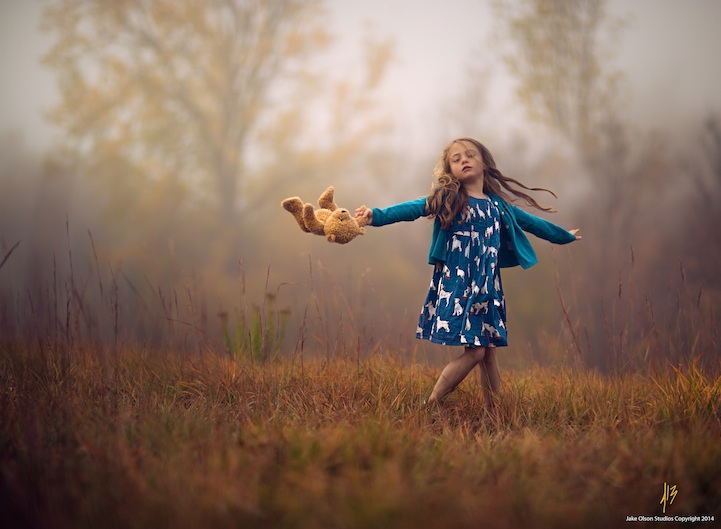
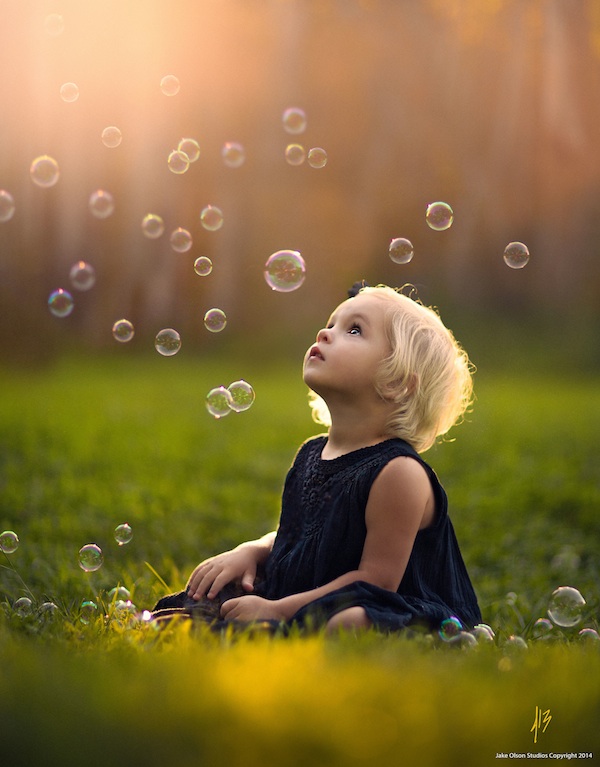
Can you give us more insight into the book? What stories did you want to tell?
As far as insight into the book, I wasn't sure how to react to it at first. I wasn't proud of the life I had lived prior to photography but I am proud I mustered the strength to change it. It's a strange thing to see your life published, holding a book knowing all of your dirty laundry is in there for everyone to read. On a positive note, I think this book will help a lot of people struggling with how to change their lives and the benefit of hard work. I believe facing internal pain is something a lot of people struggle with whether they battle an addiction or not, but people need to learn not to avoid it and this book does an excellent job of addressing that.
There are also some great photography and post processing tips for the people mainly interested in my technique. The book also contains commentary and images from other well know photographers such as Lisa Holloway, Elizabeth Ansley, and Jessica Drossin. As well, I think Dr. Heather Fox (author) is an amazing storyteller and the interviews, although uncomfortable at first, were healing for myself and my family. She's become an important part of my life and a very good friend.
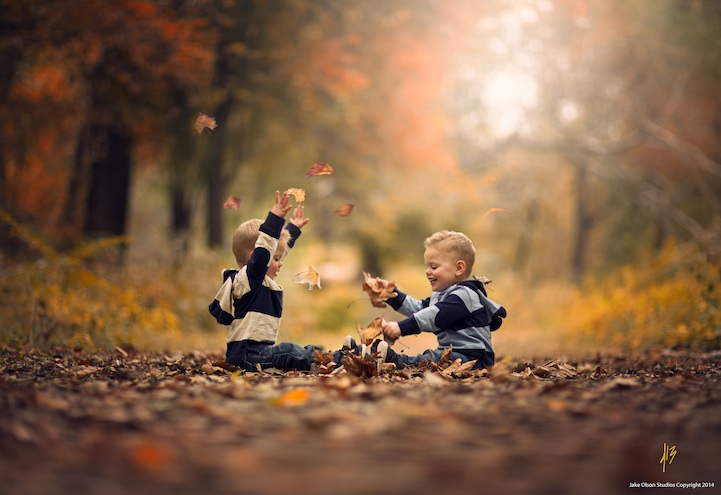
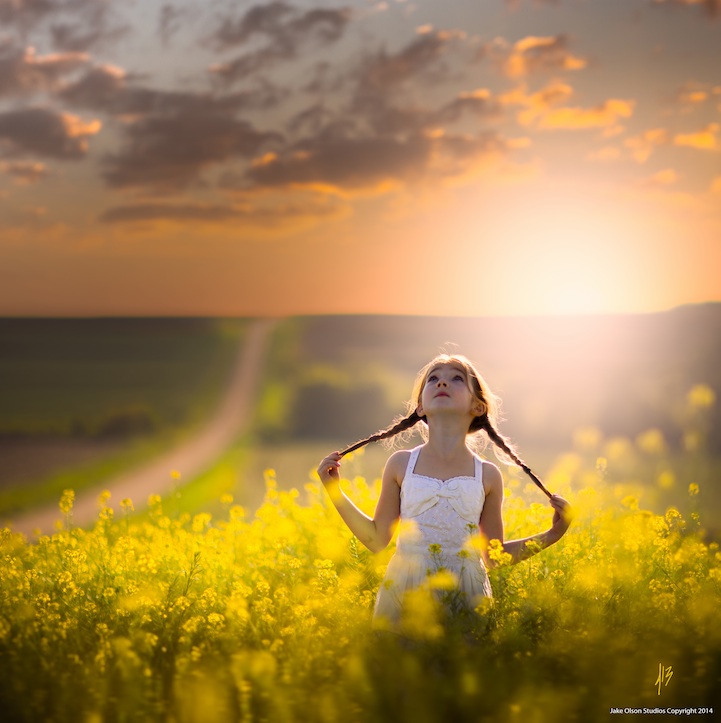
What lighting techniques could you share with others?
The only lighting technique I can share is to try to see it before you photograph it. Look at light and how it fills the frame, the lines and flow it creates in the composition while keeping content and color out of the equation. Learn to see light. Where does it hit and how bright? Does it create a pleasant negative space that works in harmony with the subject? Does it take you through the frame and not lead you out? Learn to balance it! Also when photographing people in intense backlight with my Canon 5D Mark III I use evaluative metering and only expose for skin tones. This will preserve skin tone, color, and exposure. For white balance, I always shoot on cloudy no matter the conditions. It gives a warmer tone to the images out of camera. If you're shooting in RAW you can use the captured information to change the background with masking layers in post while leaving skin completely untouched. I've never shot a Jpeg in my life. It's a waste of valuable post processing information.
We can't thank Jake enough for giving us a look inside his private life. You can find reFramed on Amazon. Also make sure to check out his Facebook and 500px page.











































































